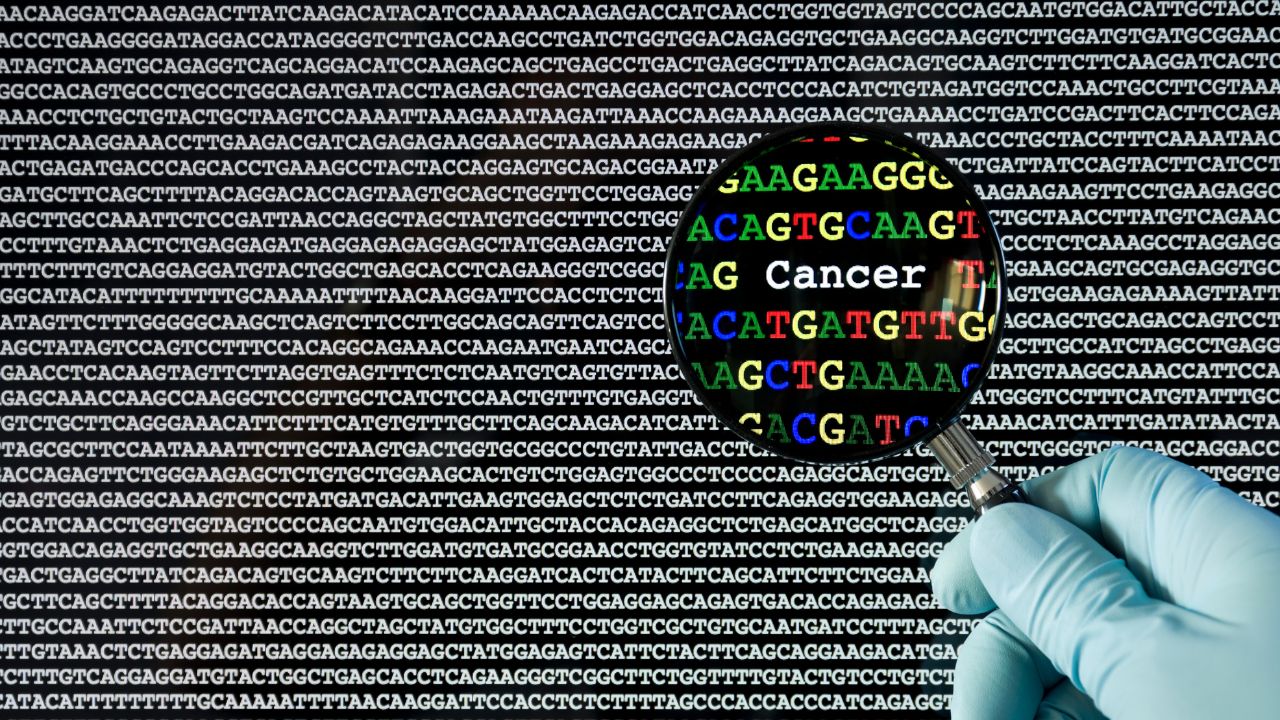Genetic - Cancer risk screening

Cancer risk screening refers to the use of genetic testing and other screening methods to identify individuals who may be at increased risk of developing certain types of cancer. Cancer risk screening can help to identify individuals who may benefit from earlier or more frequent cancer screening, as well as those who may benefit from risk-reducing interventions such as prophylactic surgery or chemoprevention.
One example of cancer risk screening is BRCA testing, which is used to identify individuals who carry a mutation in the BRCA1 or BRCA2 genes. These genes are involved in the repair of DNA damage and mutations in these genes are associated with an increased risk of breast and ovarian cancer, as well as other types of cancer. Women who carry a BRCA mutation may choose to undergo prophylactic mastectomy or oophorectomy (removal of the ovaries) to reduce their risk of developing cancer.
Another example of cancer risk screening is colonoscopy screening for individuals with a family history of colon cancer. Individuals with a first-degree relative (parent, sibling, or child) who has had colon cancer are at increased risk of developing the disease themselves, and may be advised to begin colon cancer screening at an earlier age or to undergo more frequent screening.
Cancer risk screening can also involve non-genetic risk factors, such as lifestyle and environmental factors. For example, individuals who smoke are at increased risk of developing lung cancer, while individuals who are overweight or obese are at increased risk of developing breast and colon cancer.
While cancer risk screening can be a valuable tool for identifying individuals who may be at increased risk of developing cancer, it is important to approach this screening with caution and to consider the potential ethical, legal, and social implications of genetic testing. It is important to ensure that appropriate safeguards are in place to protect the privacy and autonomy of individuals undergoing cancer risk screening, and to ensure that the information obtained from this screening is used in a responsible and ethical manner.
Specific Content Keywords : Genetic cancer risk screening,Cancer genetic testing,Hereditary cancer testing,Cancer predisposition testing,Genetic cancer risk assessment,Cancer genetic counseling,BRCA gene testing,Lynch syndrome testing,Genetic markers for cancer risk,Cancer susceptibility genes,Familial cancer syndromes,Genetic variants and cancer risk,Oncogenetics,Tumor suppressor genes,Genetic testing for cancer prevention,Genetic testing for early detection of cancer,Genetic testing for hereditary breast and ovarian cancer,Genetic testing for hereditary colorectal cancer,Genetic testing for hereditary pancreatic cancer,Genetic testing for hereditary prostate cancer.

